Scared of Nuclear War? Here is where you can hide and SURVIVE
Here’s what would happen if a nuclear war occurred. Also know the best places you could hide and survive the apocalypse.
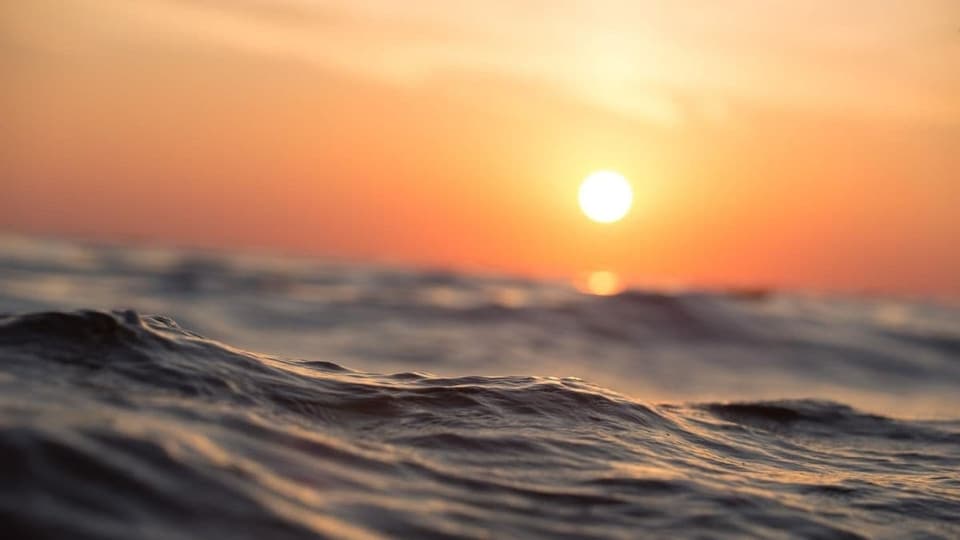
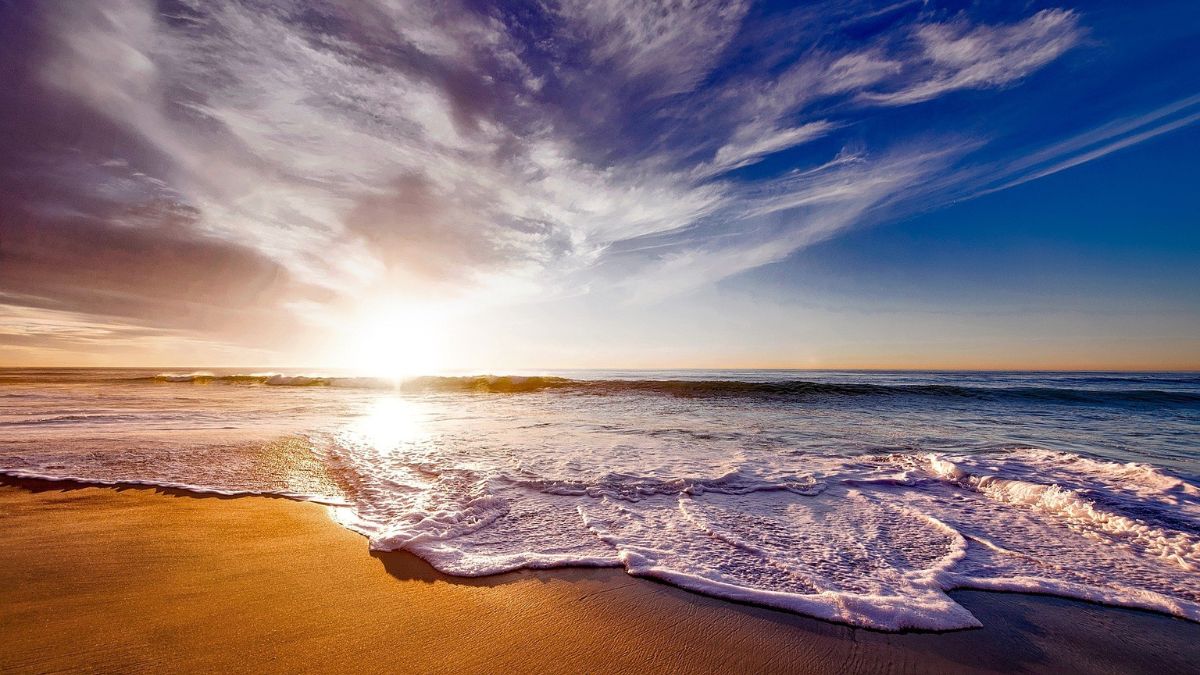

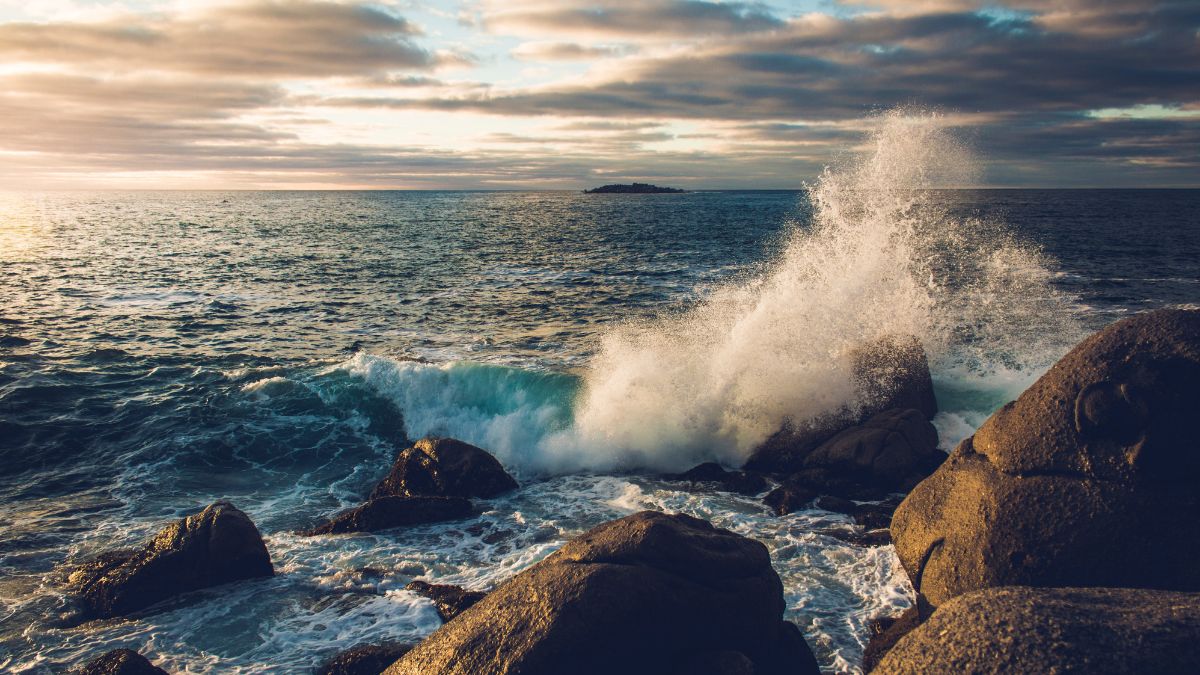
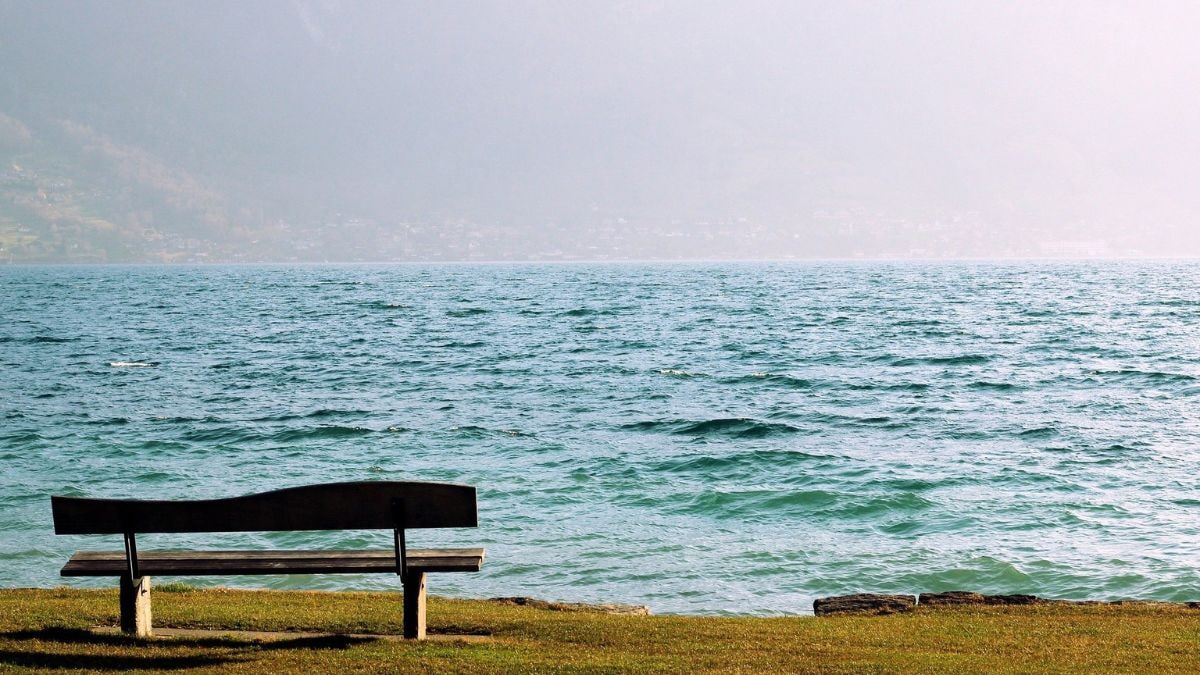
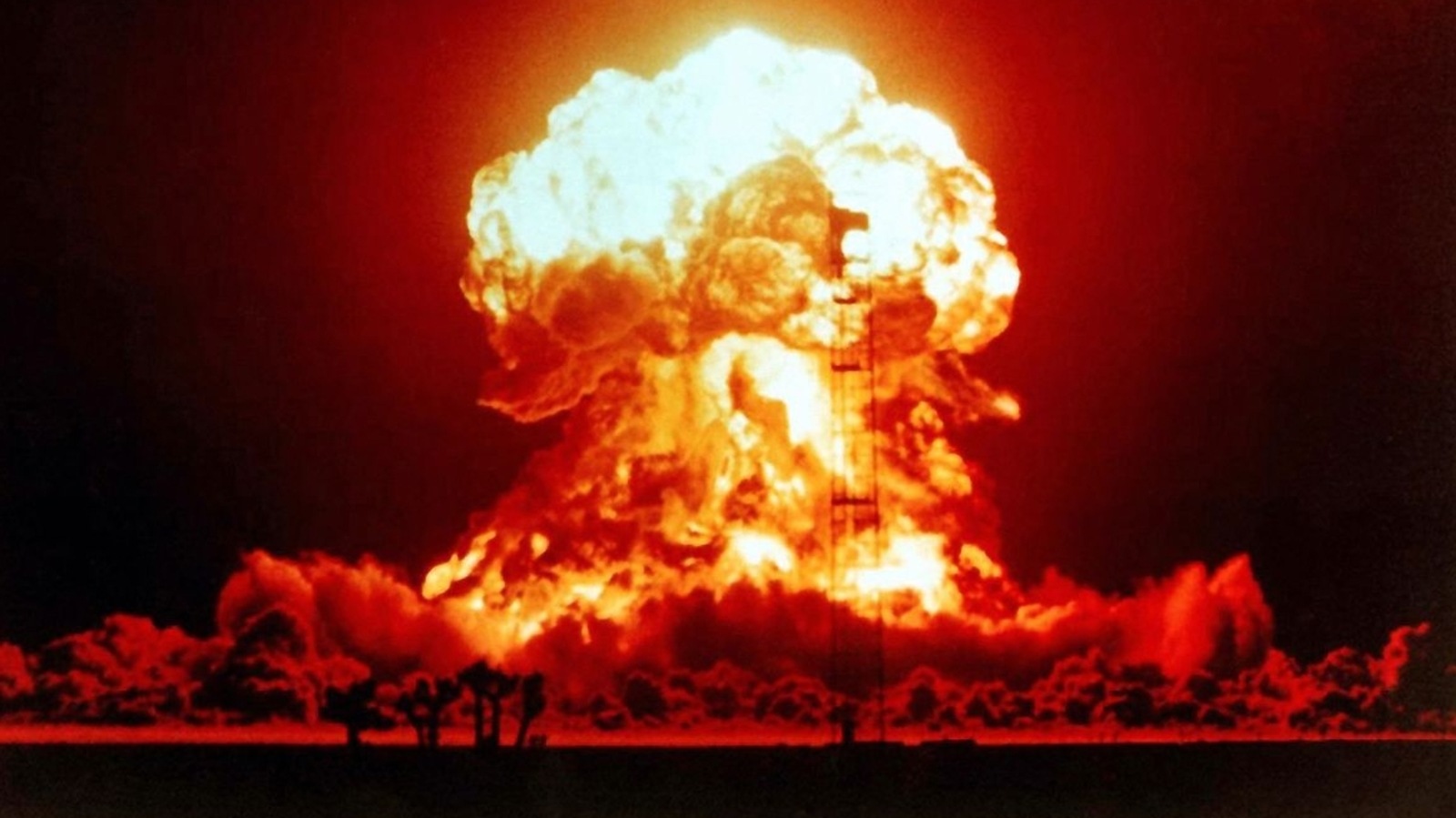
 View all Images
View all ImagesAmidst the ongoing conflict between Russia and Ukraine and bombings near nuclear plants, a recent study has claimed that if the fight were to escalate resulting in a nuclear war, nearly 5 billion people will die as a direct and indirect effect of the war, according to the Sun UK. Most of the people would die to the direct effects of radiation and the rest would perish in a battle for food.
Scientists have claimed that such a war would have a devastating effect on food production and would bring about a massive famine, causing billions of people to starve. Scientists at the Rutgers University in New Jersey have conducted a recent study into the effects of a nuclear war, the resulting nuclear winter and the places where people would have the best odds of survival.
The study found that if such a nuclear war were to arise, it would lead to death of nearly 5 billion people from starvation in the years after the war, on top of the direct casualties of the nuclear war. Countries including the UK, US, Germany, France and China would be absolutely destroyed during the second year itself.
And where could you hide and survive? Countries like Australia, Panama, Paraguay and Haiti and Argentina would have zero deaths despite the potential extinction of all livestock.
Professor Alan Robuck, of Rutgers University in New Jersey, said, "Everybody understands that the direct effects of nuclear war would be horrific, as we saw in Hiroshima and Nagasaki. Our work shows that more than ten times as many people could die in the rest of the world because of the impacts on climate and agriculture.”
The study was published in the Nature Food Journal where scientists studied six scenarios involving nuclear wars of different sizes. The scenarios included conflicts between India and Pakistan and the US and Russia.
Catch all the Latest Tech News, Mobile News, Laptop News, Gaming news, Wearables News , How To News, also keep up with us on Whatsapp channel,Twitter, Facebook, Google News, and Instagram. For our latest videos, subscribe to our YouTube channel.































